
Over $20 Million in Funding Secured!
We’re celebrating a milestone! Our small but mighty team has surpassed $20 million in total awarded funding for climate action ...
Read MoreClimate change refers to a change in weather patterns over a long period of time. A defining characteristic of climate change is an increase in the global average air temperature, termed global warming. The climate change that we are experiencing today is occurring at a rate unprecedented in geological history, and scientists are virtually certain that it has been caused by human activity (primarily the burning of fossil fuels and land use). This is evident in the correlation between atmospheric carbon dioxide concentrations (currently at the highest level experienced in millions of years) and global average temperature. This change in our atmospheric composition has and will affect the climate in different parts of the world differently. Extreme temperatures and precipitation; weather events such as floods, droughts, wildfires, and hurricanes; sea level rise, ocean acidification, and biodiversity loss are observed changes that are projected to continue and intensify for centuries to come. The degree to which these changes occur is now up to us.


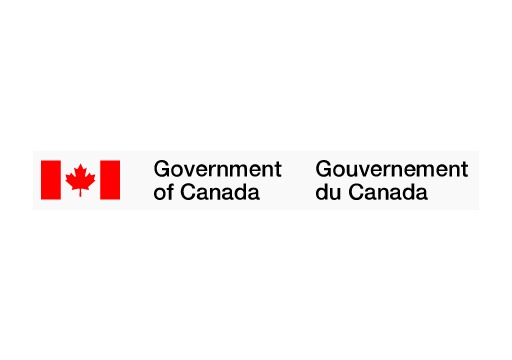



The Intergovernmental Panel on Climate Change (IPCC) is the United Nations body for assessing the science related to climate change. They provide policymakers with knowledge and guidance regarding climate change projections, implications and potential future risks, as well as adaptation and mitigation options. The 6th assessment reports released in 2021-22 are the most recent and extensive climate analyses.
The United Nations Framework Convention of Climate Change (UNFCCC or UN Climate Change) is the entity tasked with supporting the response to the threat of climate change, based on the IPCC scientific assessments. The UNFCCC is the parent treaty of the Paris Agreement of 2015 and the Kyoto Protocol of 1997. The objective of each of these global agreements is to “stabilize greenhouse gas (GHG) concentrations in the atmosphere at a level that will prevent dangerous human interference with the climate system, in a time frame which allows ecosystems to adapt naturally and enables sustainable development”.
The IPCC released a special report in October 2018 titled “Global Warming of 1.5°C”. This report described how a 1.5°C increase in global average temperature above pre-industrial levels is considered a critical threshold beyond which the impacts of climate change on ecosystems and society will be far more significant. The report explains how a jump from 1.5°C to 2°C may be the difference between the ability and inability for society to adapt. AR6 estimates that human activities have already increased global average temperature by 0.8°C to 1.3°C above pre-industrial levels (1850-1900).
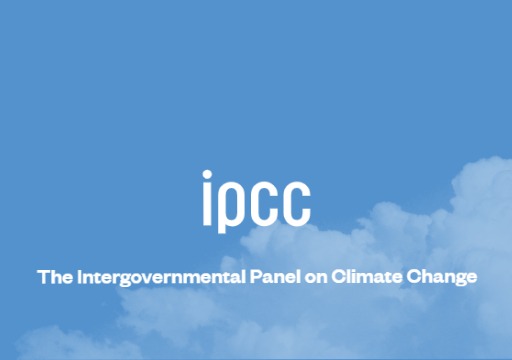
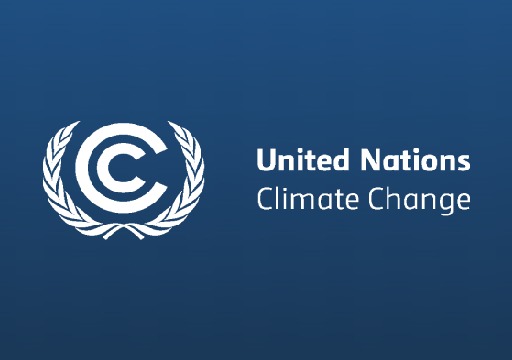
In the first Report of AR6 (The Physical Science Basis of Climate Change) released in August 2021, it is stated that 1.5°C of warming will be exceeded within the next 20 years under all emissions scenarios – even if emissions drop to zero today, enough greenhouse gases exist in the atmosphere, that we cannot avoid this increase. 2°C of warming will likely be exceeded by mid-century if deep emissions reductions do not occur.
Even at 1.5°C, there will be an increasing occurrence of extreme weather events unprecedented in the observational record – such events have already begun to be observed. Changes in and likelihood of extremes increase with each additional increment of warming – every fraction of a degree matters. If emission levels continue unchecked, global warming could approach or surpass 5°C by 2081-2100, creating a world that we cannot fathom. However, if emissions are dramatically and quickly reduced (the lowest emission scenario modelled), the global surface temperature may decline back to below 1.5°C toward the end of the 21st century. The direct relationship between emissions and temperature is the key take-away of this AR6 report – our actions matter now more than ever.
Part 2 of AR6 released in February 2022 covers Impacts, Adaptation and Vulnerability. This World Resources Institute article pulls the following key findings:
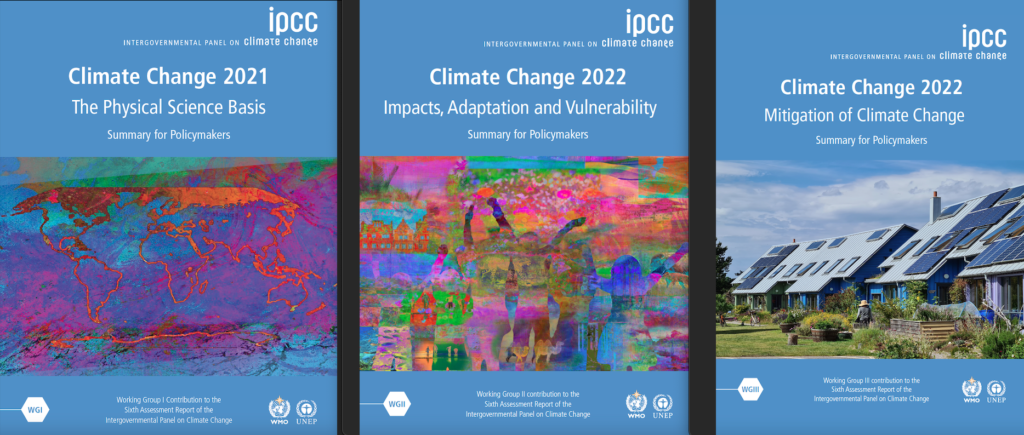
A list of takeaways was similarly developed for Part 3 of AR6, Mitigation of Climate Change, which came out in April 2022:
Each of these reports are extensive and technical, but a Synthesis Report was released in March 2023 that summarizes and integrates all material into a short and accessible format.
This information must guide our every action. We must peak emissions by 2025, halve them by 2030, and reach net-zero by 2050.

We’re celebrating a milestone! Our small but mighty team has surpassed $20 million in total awarded funding for climate action ...
Read More
The Town of Channel-Port Aux Basques has had a rough few years after the devastation of Hurricane Fiona – they ...
Read More
We are so proud to have contributed to this fleet electrification project with the Town of Portugal Cove – St. Philip’s. ...
Read More
On January 24th, 2024, Emma represented Fundamental Inc. on a climate change-focused panel discussion hosted by Statistics Canada and The Harris Centre. It ...
Read More
On the November 22nd episode of Municipal Matters on Rogers Community TV, Ashley was featured as part of a panel ...
Read More
It has been a full year since Hurricane Fiona devastated the Southwest Coast of the Island of Newfoundland, specifically the ...
Read More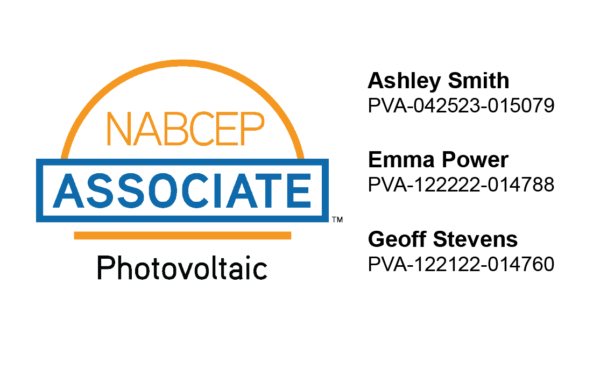
Ashley and Emma each recently obtained the PV Associate Credential (PVA) from the North American Board of Certified Energy Practitioners ...
Read More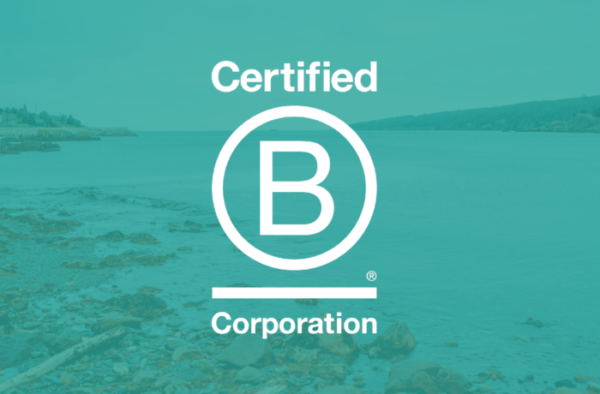
As of May 2023, Fundamental Inc. is a certified B Corporation. B Corp Certification means that a company has been ...
Read More
In The Green Chair is a podcast by Relay Education, a charity which delivers education and training programs about renewable ...
Read More
This month, Emma spoke with CBC on two occasions to add to the difficult yet critical conservations surrounding the implications ...
Read More